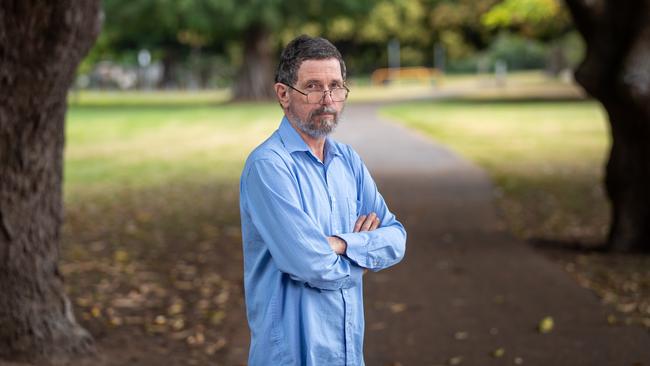Peter Ridd case puts focus on university freedoms
Dan Tehan will consider strengthening a code aimed at protecting freedom of speech on campus in the wake of the Ridd case.

Federal Education Minister Dan Tehan will consider strengthening a code aimed at protecting freedom of speech on campus in response to a court’s decision to uphold James Cook University’s sacking of professor Peter Ridd.
The model code of conduct for the higher education sector was developed by former High Court chief justice Robert French, who led a review into freedom of speech at Australian universities in 2018.
Intellectual freedom for academics would also be at the forefront of a campaign being considered by the National Tertiary Education Union in response to the court’s verdict.
The full bench of the Federal Circuit Court on Wednesday overturned an earlier decision and found JCU had lawfully dismissed Professor Ridd in 2018 after he publicly criticised it and claimed its Great Barrier Reef global warming science was misleading and not rigorously scrutinised.
Mr Tehan told The Australian on Thursday the government would consider adapting the model code to prevent similar situations arising.
“Our government recognises that universities are autonomous institutions but we are also strongly committed to protecting freedom of speech and academic freedom at our universities,” he said. “We are examining the court’s decision to ensure that we take into account any implications for the French model code, which all universities have agreed to implement to protect freedom of academic inquiry and freedom of speech.”
NTEU Queensland division secretary Michael McNally said the union was considering a campaign to ensure intellectual freedom covered by enterprise agreements could not be trumped by codes of conduct.
“The only place to protect academic freedom properly is through the enterprise agreements and we need to make sure they can’t be trumped by the university applying the code of conduct,” Mr McNally said. “That might be our next big campaign in enterprise bargaining.”
Mr McNally said the court’s decision had sent a “chilling” message to academics. “We’re obviously disappointed by the decision in that it seems to suggest the code of conduct overrides the rights and entitlements that we say people need to have under any kind of definition of academic freedom,” he said.
“If they have control over the code of conduct, what does that mean for academic freedom in universities?”
The court was scathing about the “trivial” nature of some allegations made against Professor Ridd and the “unethical” methods used to discipline him, including searching his emails and ordering him not to speak to his wife about disciplinary issues. The union questioned how much JCU had spent on the case — estimated before the appeal to be more than $600,000 — and whether it was worth it. “This has to be the classic Pyrrhic victory,” Mr McNally said. “The university may have won on a technicality, but in doing so they’ve trampled all over the academic rights of their staff.”




To join the conversation, please log in. Don't have an account? Register
Join the conversation, you are commenting as Logout